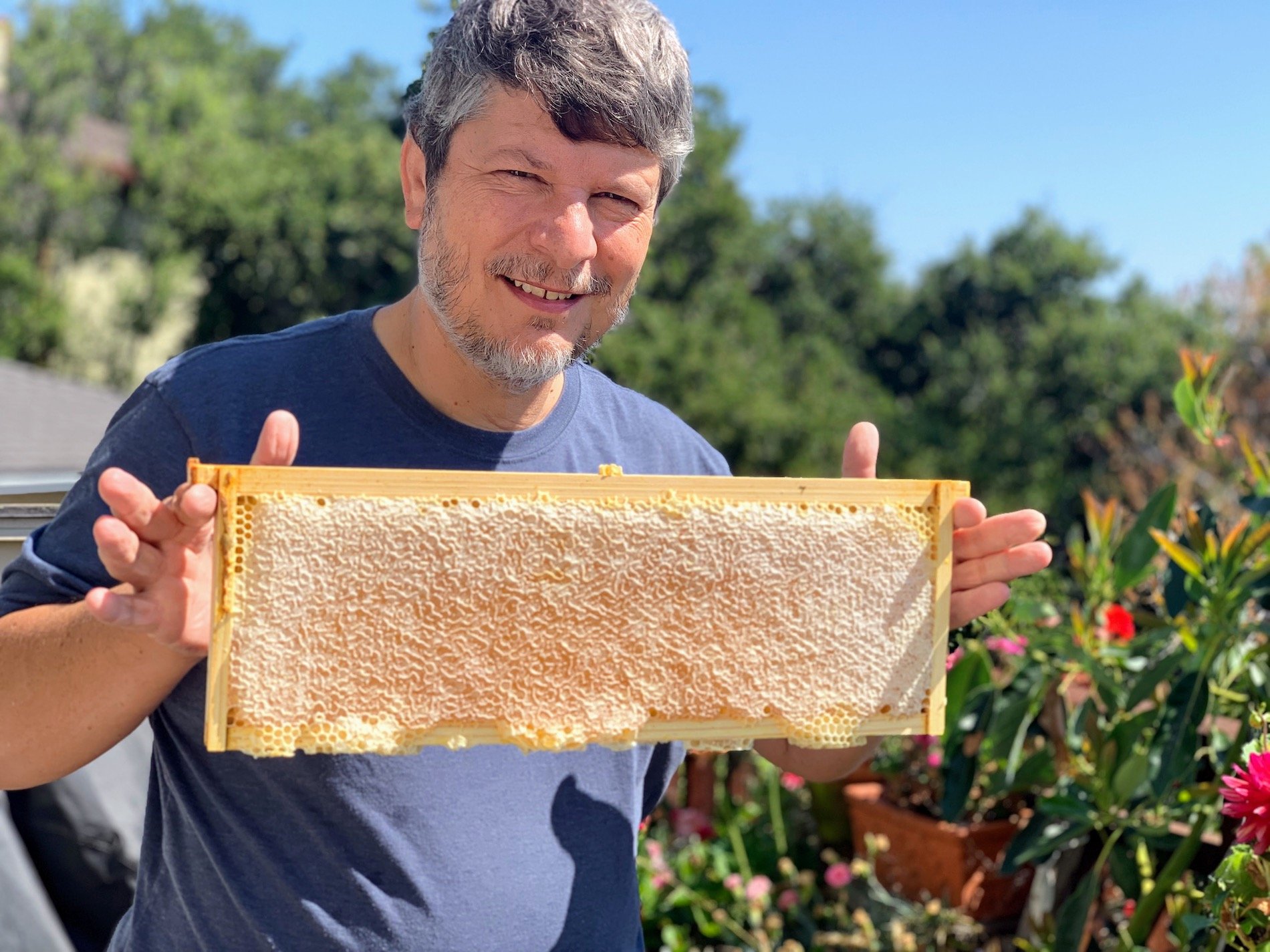Cultivating Connections: San Francisco’s Community Gardens
In the lively San Francisco, where urban landscapes dominate, community gardens offer an oasis of greenery and connection. These vibrant spaces not only bring people together but also inspire individuals to cultivate their own gardens, fostering self-sufficiency and resilience. In this blog post, we will explore some of the remarkable community gardens in San Francisco, provide practical advice on starting your own garden, and highlight the benefits of embracing a more self-sufficient lifestyle.
The Benefits of Community Gardening:
Starting your own garden or joining your local community garden brings a multitude of benefits and enriching experiences. Firstly, it provides access to fresh and nutritious food, promoting a healthier diet and reducing reliance on store-bought produce. Additionally, gardening can lead to significant cost savings as you grow your own crops instead of purchasing them. Moreover, by cultivating your garden, you contribute to environmental sustainability by reducing carbon emissions associated with transportation, minimizing packaging waste, conserving water, and avoiding the use of harmful pesticides and fertilizers. Engaging in gardening activities also has positive effects on your physical and mental well-being, offering opportunities for physical exercise, stress reduction, and a deeper connection with nature. As you witness the growth and transformation of your plants, you develop the appreciation for the fruits of your labor.
Alemany Farm
The Alemany Farm community garden, managed by the San Francisco Recreation and Park Department, is a thriving hub of sustainable agriculture and community engagement. Spanning four acres in San Francisco, this urban oasis provides a vital space where community members come together to grow organic produce and foster a strong sense of connection with the land. Through the collaborative efforts of volunteers, the garden cultivates a diverse range of crops while promoting environmental education and food justice. Alemany Farm serves as a great example of how community gardens can transform urban spaces into vibrant, sustainable havens that empower individuals and foster community resilience. You can also read about one of our staff member’s experiences volunteering with them here!
The Fort Mason Community Garden
The Fort Mason Community Garden, operating in partnership with the National Park Service, is an inspiring volunteer-based organization dedicated to fostering a vibrant gardening community. Established in 1976 and spanning 1.35 acres, this garden is nestled within the gates of Fort Mason in San Francisco’s Marina District. With 128 member-maintained garden plots, ranging in size from 80 square feet and beyond, the garden provides a space for individuals to grow fresh produce for their families or indulge in the beauty of flowers and ornamentals. Additionally, the garden features themed communal areas dedicated to native plants, succulents, roses, and Mediterranean flora. As a completely volunteer-driven endeavor, the Fort Mason Community Garden not only promotes a sense of camaraderie and shared knowledge but also serves as a free attraction for all visitors to Fort Mason.
Garden for the Environment
Garden for the Environment, founded in 1990, is a San Francisco-based organization dedicated to teaching residents about gardening, composting, and sustainable practices. Their mission is to empower individuals to create a resilient and beautiful world by promoting climate resilience through native and drought-tolerant plants. They offer workshops, school programs, and hands-on experiences, allowing students of all ages to learn and practice practical skills in a real garden. With their long history of environmental education, Garden for the Environment has made a broad impact, inspiring urban agriculture projects, school gardens, and water-saving practices. As a project of Earth Island Institute, they rely on donations to sustain their important work in building environmental awareness and fostering responsible choices.
Potrero Hill Community Garden
The Potrero Hill Community Garden, established in the early 1970s, is a vibrant community space operated by the San Francisco Recreation and Parks Department. Membership is open to all city residents, fostering a diverse and inclusive gardening community. Situated on a once-vacant lot with a rich history, the garden now features more than 50 plots and common areas meticulously cared for by local residents who adhere to organic gardening practices. With its prime location, the garden offers breathtaking panoramic views of iconic San Francisco landmarks such as the Mission District and Twin Peaks. The garden’s sunny Mediterranean climate creates an ideal environment for cultivating a variety of fruits, vegetables, and ornamentals. The Potrero Hill Community Garden serves as a cherished haven where neighbors come together to grow, connect, and enjoy the beauty of nature.
Tips for Cultivating Your Own Garden:
- Start with the essentials: Begin by growing herbs, salad greens, or easy-to-grow vegetables such as tomatoes or zucchini. These are beginner-friendly and will put you on the path of exploring various other crops.
- Assess your space: Determine the available sunlight, soil quality, and water accessibility in your garden area. Optimize your resources by choosing plants that thrive in your specific conditions.
- Plan and prepare: Sketch a garden layout, considering crop rotation, companion planting, and space optimization. This helps maximize productivity and minimizes pest issues.
- Compost and nourish the soil: Prioritize soil health by adding compost or organic matter to improve fertility. Healthy soil supports vigorous plant growth and reduces the need for synthetic fertilizers.
- Water wisely: Employ efficient irrigation methods, such as drip systems or rainwater harvesting, to conserve water and promote sustainable water usage.
- Embrace permaculture principles: Incorporate permaculture techniques like mulching, polyculture, and attracting beneficial insects to create a self-sustaining garden ecosystem.
- Harvest and preserve: Enjoy the fruits of your labor by harvesting your crops at the right time. Explore preserving techniques such as canning, fermenting, or freezing to extend the bounty of your garden throughout the year.
Gardens Galore!
Gardening is a continuous learning process that encourages the acquisition of new skills and knowledge about plant life cycles, soil health, and sustainable practices. It also provides opportunities for community engagement, allowing you to connect with like-minded individuals, participate in shared gardening events, and exchange knowledge and resources. Furthermore, gardens contribute to the beautification of spaces, adding visual appeal and enhancing the overall aesthetics of your surroundings. Growing your own food fosters a sense of food security and self-sufficiency, empowering you to become less dependent on external sources and ensuring a more resilient food supply. Lastly, gardening provides valuable educational experiences for children and adults alike, teaching important lessons about nature, sustainability, and the importance of healthy eating. Starting your own garden or contributing your efforts to a local community garden offers a rewarding and holistic experience that promotes a healthier lifestyle and environmental stewardship.
Sign Up for our Newsletters
More from The Spin

The Importance of Sustainable Waste Management in a Circular Economy

Ask Acterra: The effect of temperature on EV batteries




